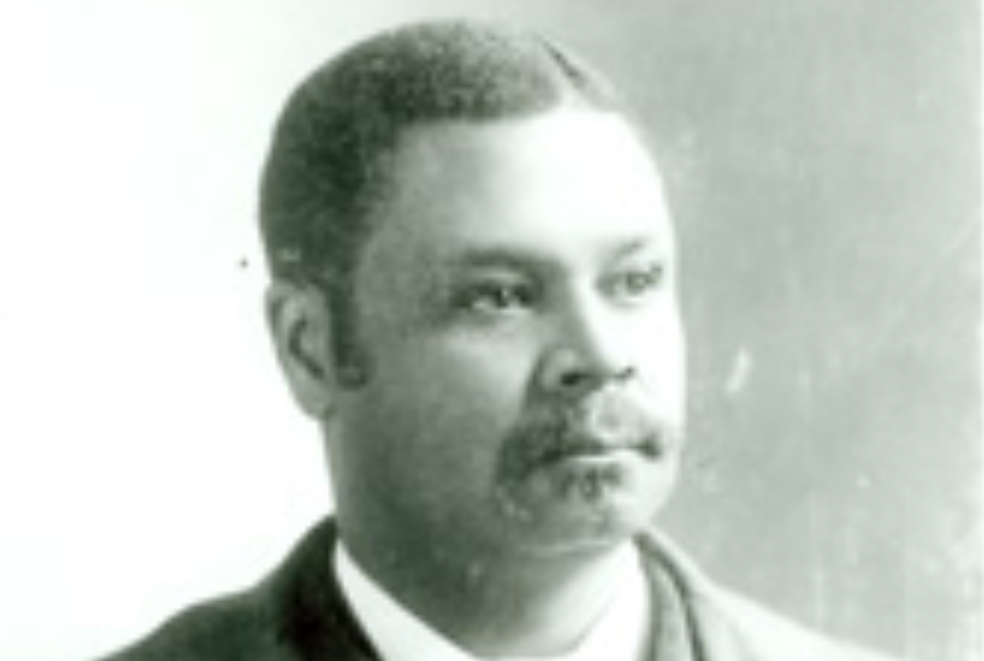This Day In History: December 18th
As a strong supporter of voting rights and upward mobility, Congressman George Henry White used his time in office to advocate for the African-American community. The politician, educator and businessman was born on December 18, 1852, in Rosindale, North Carolina.
Throughout his youth, he helped out with the family’s farm and funeral home business, all while attending schools. He left his home state to attend Howard University in Washington, DC and graduated in 1877. Just two years later, he was admitted into the North Carolina bar.
White began his career as an educator and served as the principal at several Black public schools in North Carolina. However, he started his political career in 1880 after being elected to the North Carolina House of Representatives. White initially entered politics with the hopes of achieving legislation pertaining to education, such as securing funding and providing training for black teachers. During his early years of politics, White also served as a solicitor and prosecuting attorney.
In 1897, White joined the 55th Congress as the only black member and received a seat on the Agriculture Committee. Over his first two-year term, White sought to secure opportunities for his Black constituents. He urged his peers to provide relief to the surviving family members of a Black postmaster murdered in South Carolina by a white mob. He also wanted to commission an all-Black artillery unit in the U.S. Army and receive federal funding for an exhibit on black achievement.
During White’s second term in the 56th Congress, he was assigned to the District of Columbia Committee, which was responsible for managing the nation’s capital. White pushed for anti-lynching legislation during this congressional session despite having minimal support. He introduced a bill to make lynching a federal crime but was unsuccessful in his attempt.
At the time of the 57th Congress, White decided that he would no longer seek re-election due to the passage of new laws that restricted African-Americans from voting. Instead of continuing with politics, White decided to pursue law and entrepreneurship. He opened a law practice in Washington, DC, and also helped to organize the namesake town of Whitesboro, New Jersey.
The town was created for the Black community as a way to show that the community was self-sufficient and capable of flourishing. In addition to creating the town, White also established the People’s Savings Bank and started another law practice in Philadelphia. Congressman White died in Philadelphia on December 28, 1918.


